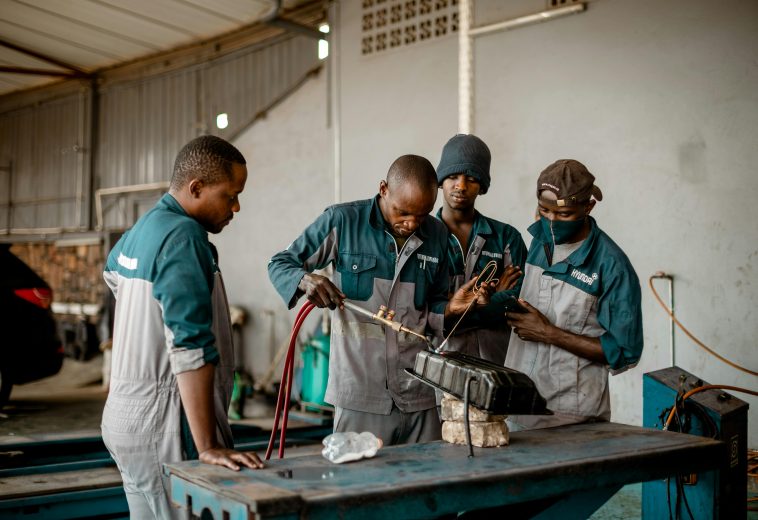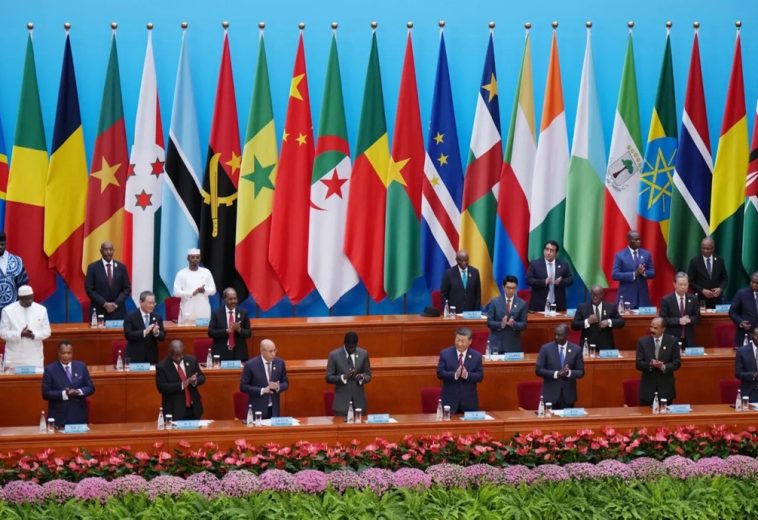In the past few years, West Africa has found itself at the centre of an unsettling trend: a wave of military coups that has overturned democratic governments and destabilised nations. These were once peaceful nations, where citizens—along with the wider African continent and the global community—longed for a return to the stability they once knew. The aftermath of these upheavals not only threatens the future of these countries, but also raises serious questions about the broader prospects for peace and governance in West Africa.
One of the most significant threats to peace and stability in Africa is the phenomenon of military takeovers. In recent years, West Africa has experienced a surge in military coups, with events occurring in Mali, Guinea, and Burkina Faso. These developments have not only undermined democratic governance and the rule of law, but have also posed serious threats to regional peace and stability.
READ ALSO: Collaborative Peace Efforts: Africa’s Role in Global Stability
In response to these challenges, the Economic Community of West African States (ECOWAS) has played a crucial role in promoting peace and stability in the region. ECOWAS is a regional economic community comprising 15 member states: Benin, Burkina Faso, Cape Verde, Gambia, Ghana, Guinea, Guinea-Bissau, Ivory Coast, Liberia, Mali, Niger, Nigeria, Senegal, and Sierra Leone.
ECOWAS’s Response to the Military Takeover in Mali
In August 2020, a military coup in Mali overthrew the democratically elected government of President Ibrahim Boubacar Keita. The coup was led by a group of military officers dissatisfied with the government’s handling of the country’s security challenges, particularly a long-running insurgency in the north.
In response, ECOWAS took swift action, condemning the overthrow and calling for the restoration of constitutional order. The organisation also imposed economic sanctions, including border closures and the suspension of financial transactions.
ECOWAS’s response to the Mali coup was significant for several reasons. Firstly, it demonstrated the organisation’s commitment to upholding democratic governance and the rule of law in the region. Secondly, it highlighted ECOWAS’s willingness to take bold action to address threats to regional peace and stability.
ECOWAS’s Response to the Niger Crisis
In response to the crisis, ECOWAS has condemned the coup and called for the immediate restoration of constitutional order. The organisation has imposed sanctions on the military junta, including suspending Niger’s membership in ECOWAS. Furthermore, ECOWAS has deployed a mediation team to Niger, led by ECOWAS Commission President Omar Touray, which includes representatives from various member states.
ECOWAS has developed a variety of mechanisms and instruments to address conflict and promote stability in the region. These include:
· The ECOWAS Conflict Prevention Framework: This framework provides a comprehensive approach to conflict prevention, encompassing early warning systems, mediation, and negotiation.
· The ECOWAS Peace and Security Council: This council is responsible for promoting peace and security in the region, including deploying peacekeeping missions.
· The ECOWAS Standby Force: A regional peacekeeping force that can be deployed to support peace operations in the region.
Despite recent setbacks, West Africa remains determined to restore peace and stability. While military takeovers have disrupted progress, countries like Senegal continue to demonstrate strong democratic values. Efforts to address the root causes of instability—such as poverty and corruption—are gaining momentum, with regional and international actors aligned in their commitment to restoring peace. With these ongoing efforts, the hope for a return to peace and stability in the region remains strong.




